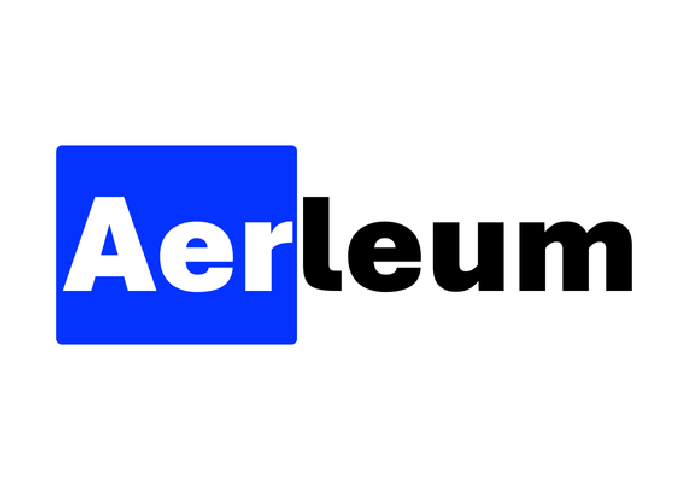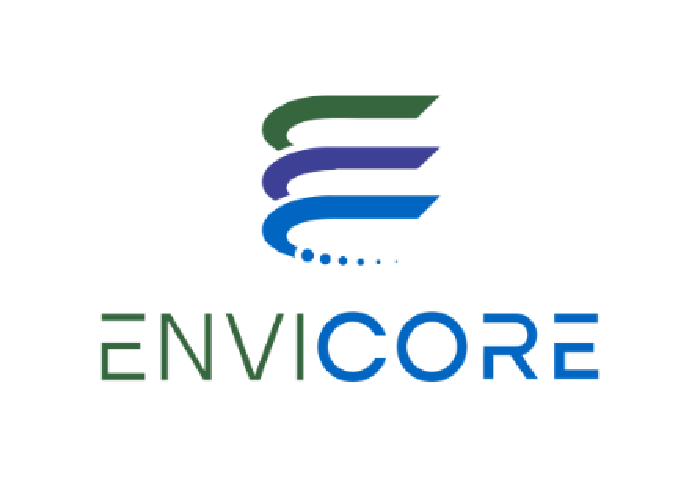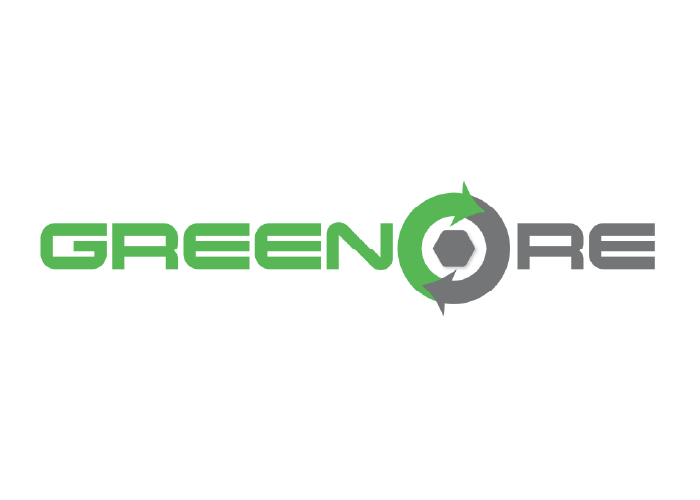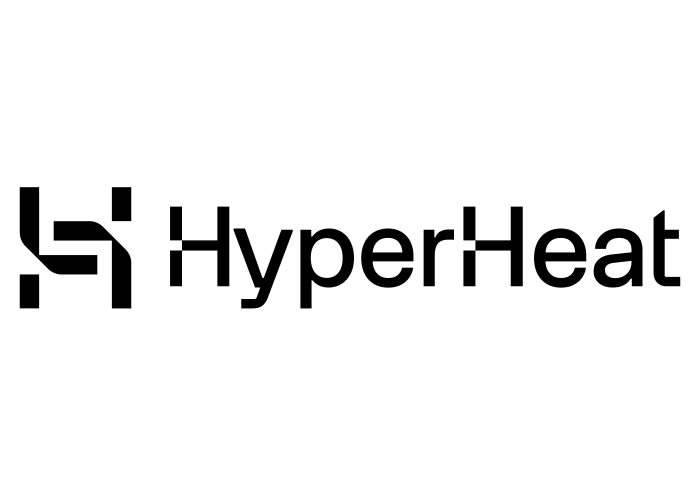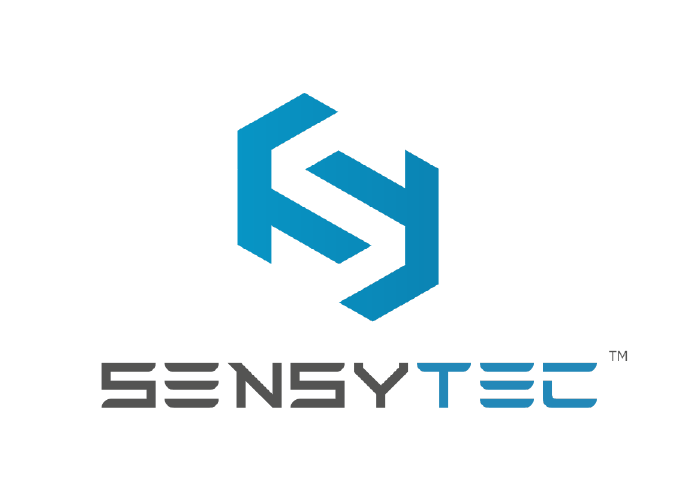Startup Portfolio: Cohort 25-2
Climate Technology Startups
Third Derivative is proud to present the world's most impactful climate tech startups.
Filter by Topic
Filter by Cohort
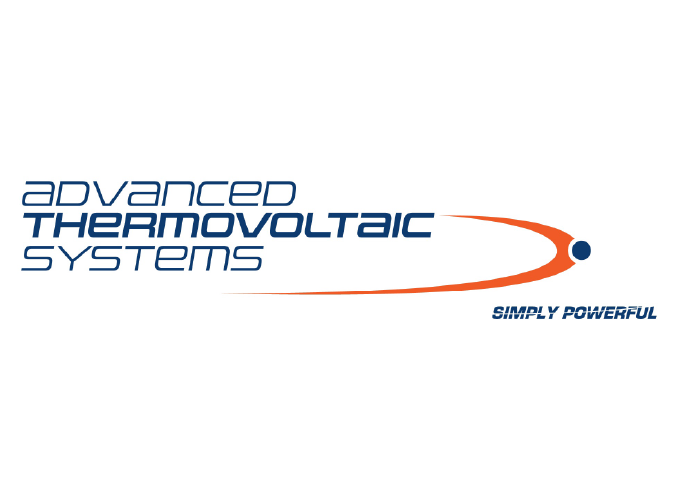
Advanced Thermovoltaic Systems
Turning industrial waste heat into reliable electricity at megawatt scale.

Binding Solutions Limited
Producing iron ore pellets without high temperatures, enabling the production of green steel at scale.

Bloom Biorenewables
Displacing fossil-based chemical feedstocks with renewable biomass derived feedstocks.

Cambridge Electric Cement
Creating a circular model to recycle cement using existing industrial infrastructure in the steel sector.
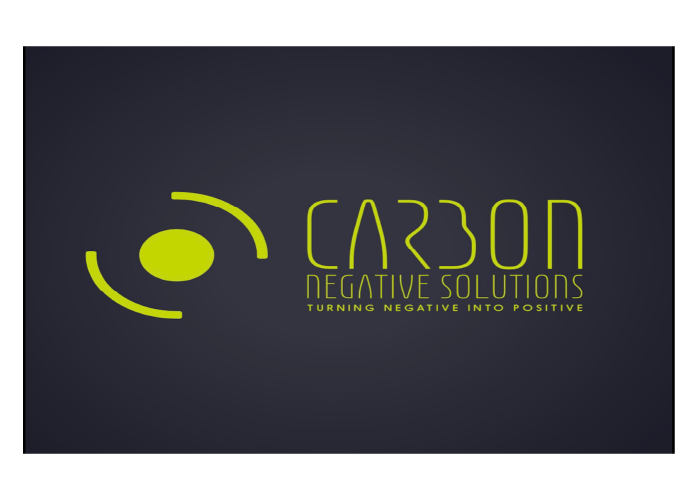
Carbon Negative Solutions
Mineralizing CO2 into industrial wastes to create carbon-negative supplementary cementitious materials (SCMs), reducing the need for cement while remediating ground/air pollution at industrial sites.

Cascade Bio
Empowering enzymes—nature's catalysts—to change how molecules are made, displacing energy-intensive petrochemicals with renewable feedstocks to decarbonize the chemicals sector.
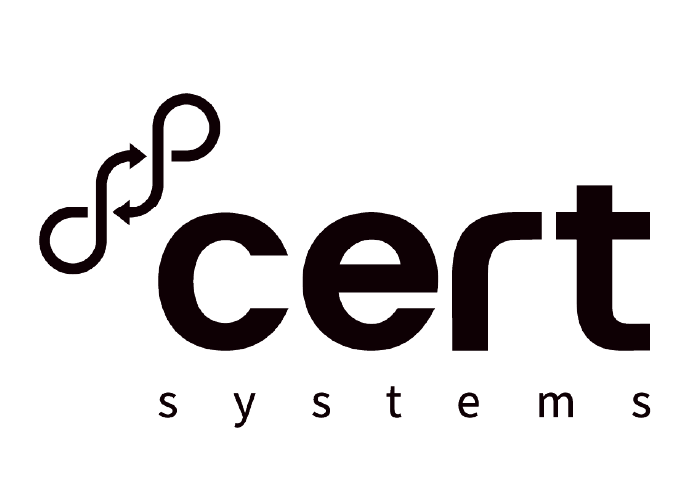
CERT Systems
Converting captured carbon dioxide into ethylene, an essential chemical, without the use of fossil fuels.

Cocoon Carbon
Repurposing steel waste into low-carbon supplementary cementitious materials (SCMs) to reduce the carbon intensity of concrete.
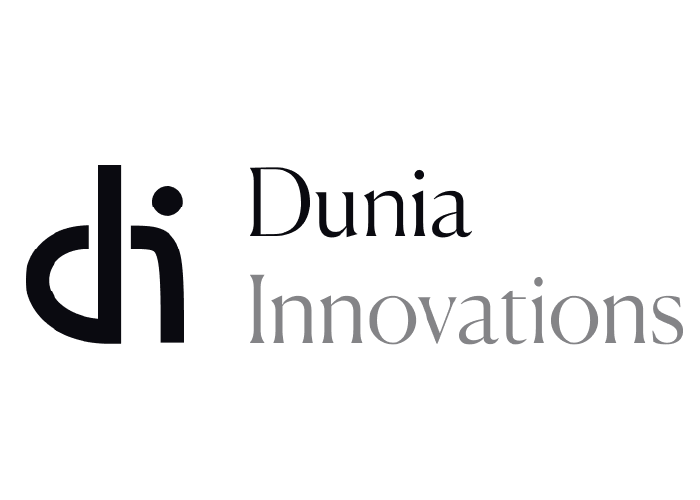
Dunia Innovations
Integrating physics-informed AI with robotic automation, enabling the discovery of breakthrough electroactive materials 10x faster and at a third of the traditional R&D costs.

Helix Carbon
Transforming CO2 into valuable feedstocks using energy-efficient technology, making sustainable production economically viable and scalable.
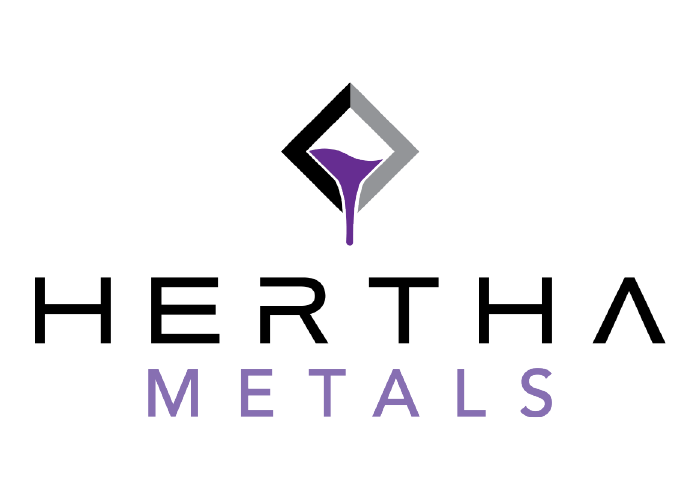
Hertha Metals, Inc.
Rapidly scaling technology to produce coal-free steel, dramatically reducing the carbon emissions of steel manufacturing.
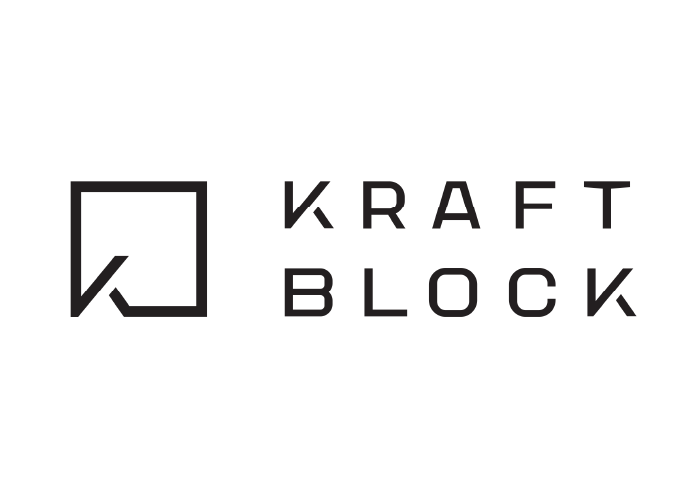
Kraftblock
Providing thermal storage for high-heat industrial processes that typically rely on fossil fuels, which reduces emissions and improves the economics of direct electrification.
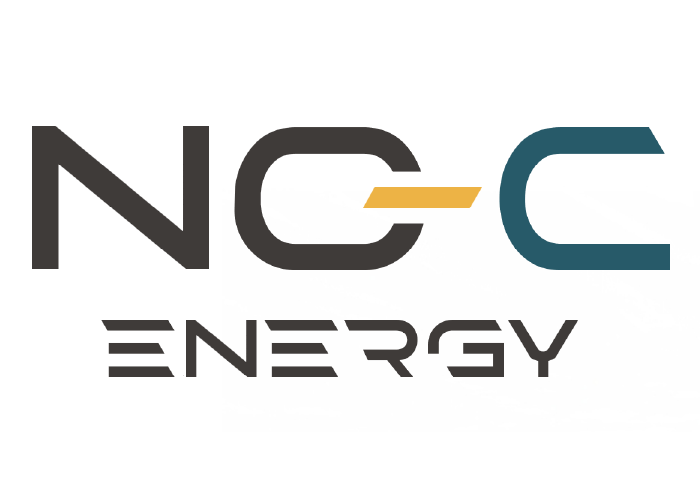
NOC Energy
Enabling industries to replace fossil fuels with renewable electricity for high-temperature industrial heat.
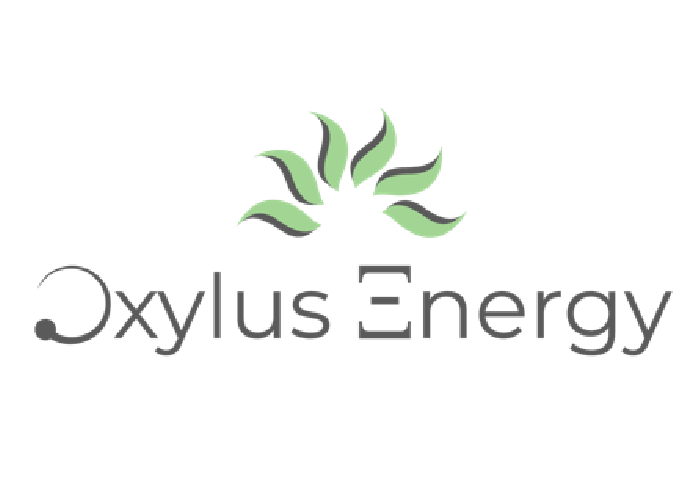
Oxylus Energy
Converting CO2 into carbon neutral fuels and chemical feedstocks for a decarbonized future.
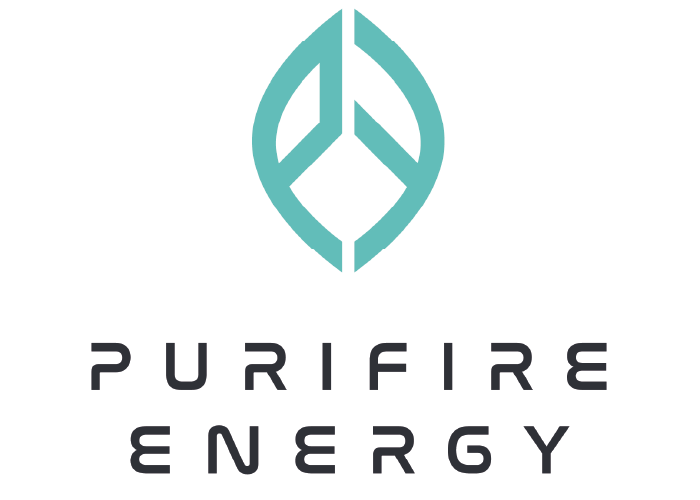
PuriFire Energy
Producing green methanol resulting in a a 95% reduction from fossil-based grey methanol, emitting 7x less CO2 than diesel and 84x times less CO2 than natural gas.

Rubi Laboratories
Decarbonizing essential chemicals and materials through a carbon-to-materials enzymatic platform with ultra-low carbon, water, land, and energy footprints.
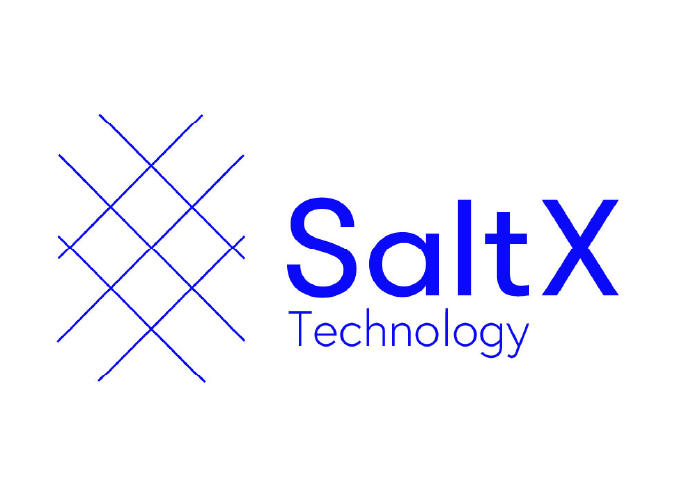
SaltX Technology
Utilizing plasma, the fourth state of matter, to achieve the ultra-high temperatures needed to produce cement without fossil fuels.
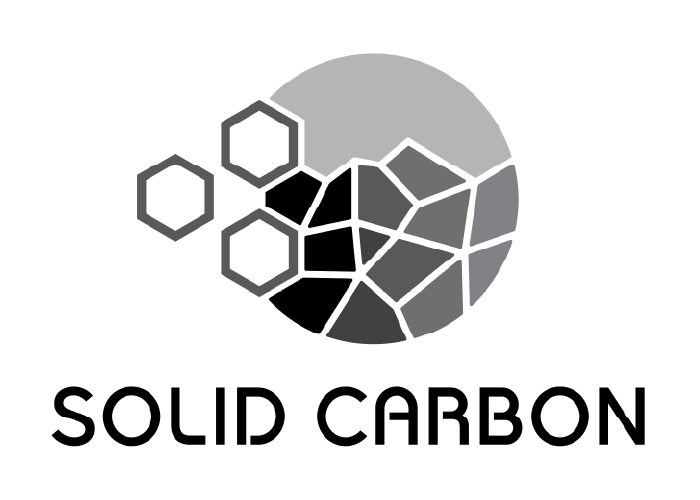
Solid Carbon
Using carbon-negative biochar-based ingredients to transform the built environment into a massive carbon sink, turning concrete from a climate problem into a climate solution.

SUN METALON
Enabling cost-effective, sustainable metal recycling without the quality degradation of traditional recycling methods.
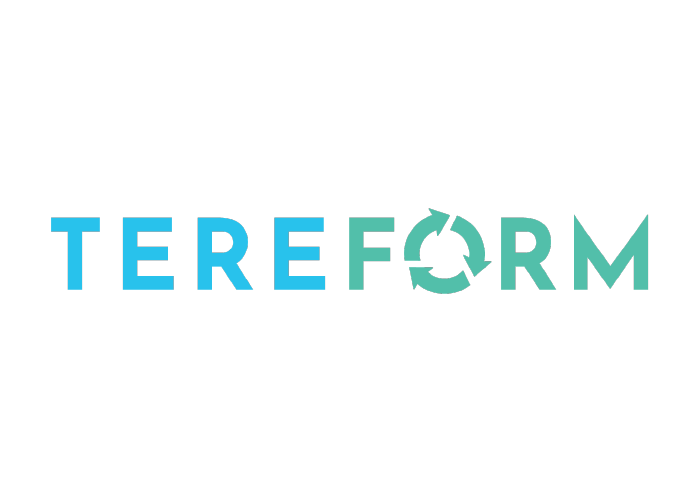
Tereform, Inc.
Chemically recycling synthetic textiles—which are made from petrochemicals—with an energy efficient process, diverting materials from landfills and reducing demand for new carbon-intensive materials.
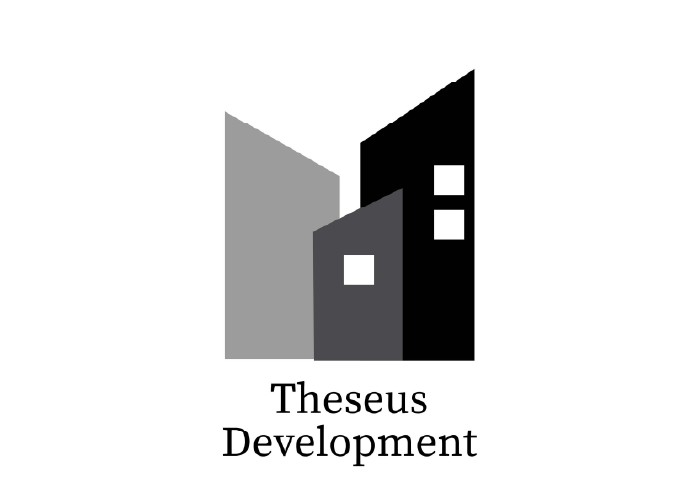
Theseus Development
Producing sustainable, interlocking concrete blocks without traditional cement, concrete's most emissions-intensive ingredient, to accelerate the transition to a green built environment.
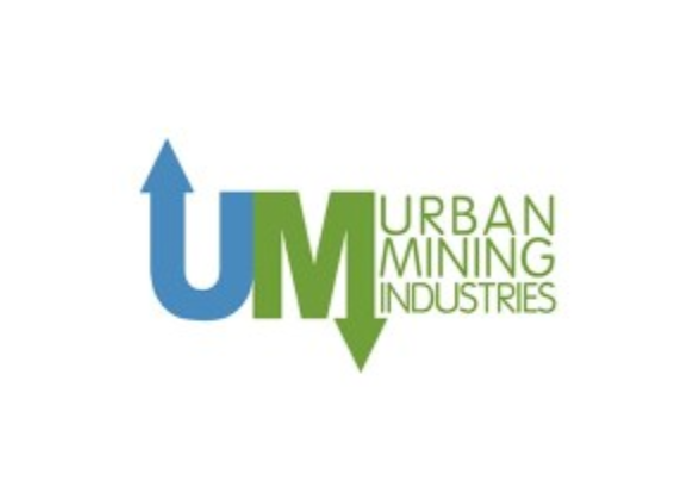
Urban Mining Industries
Repurposing waste glass into a low-carbon cement replacement that improves concrete durability, impermeability, and mitigation of the urban heat island effect.
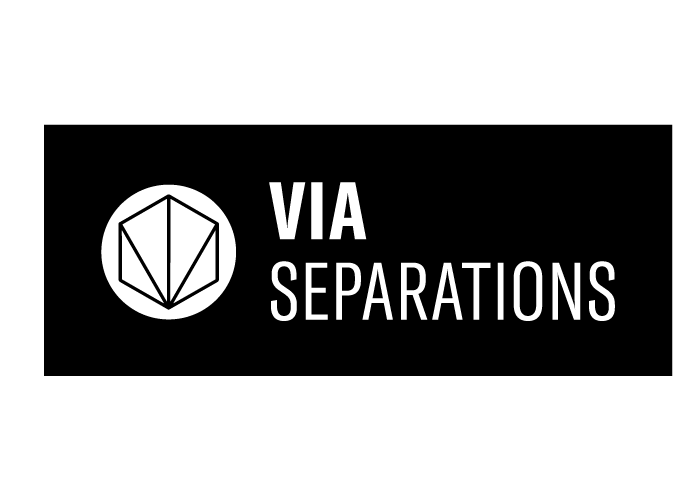
Via Separations
Lowering the embodied carbon of everyday products and materials by replacing thermal separations, a key process to separate substances based on boiling points, with an electrified filtration process.
APPLY TODAY:
Accelerate your success and speed to market with us
We’re here to help you bridge critical finance and resource gaps by uniting and aligning the world’s most promising climate tech startups—like you—with D3’s network of committed investors, corporate partners, market experts, and mentors.

